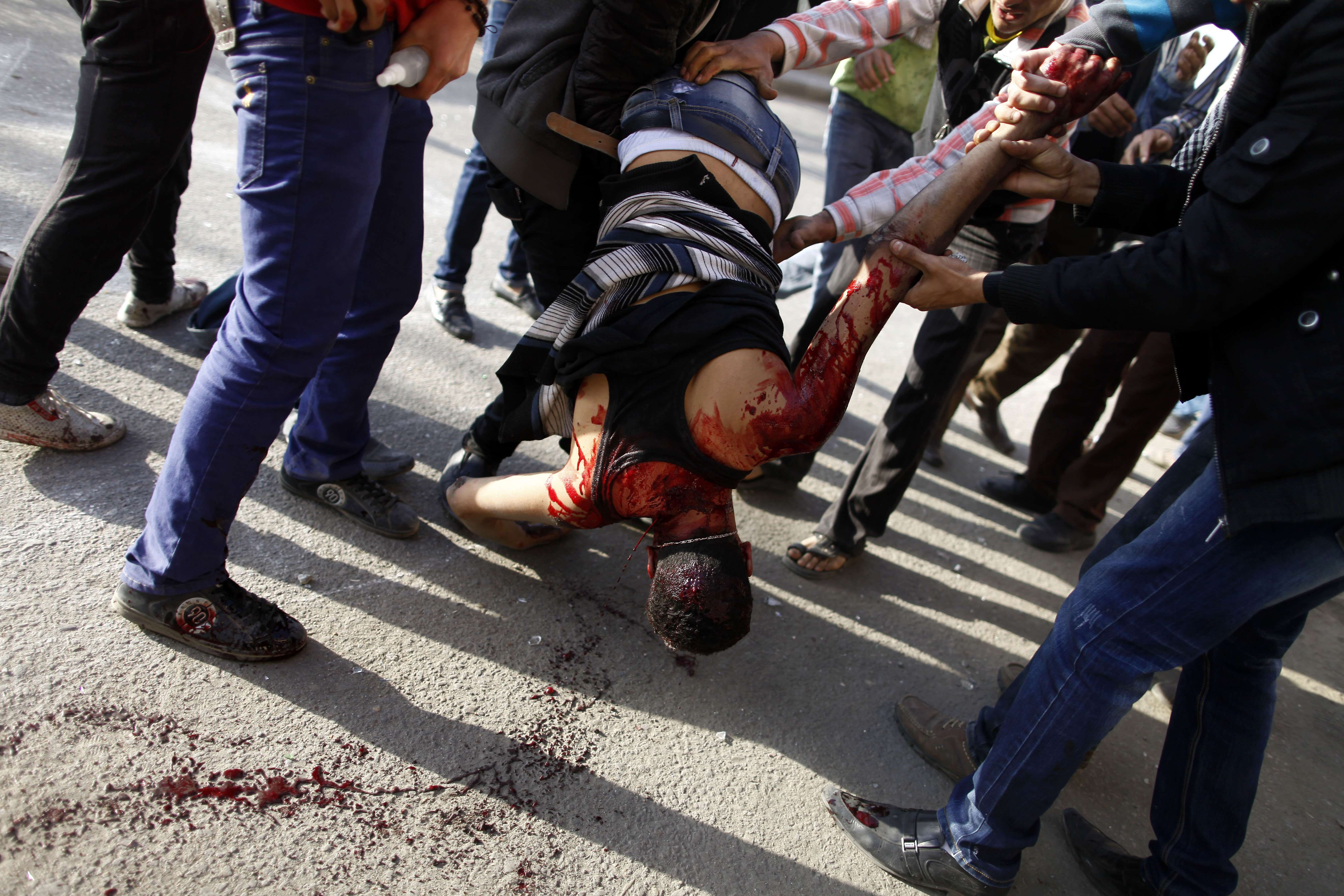TOLEDO, Spain: Does the war in the Caucasus herald the coming of Cold War II? Or is it a Russian invitation to the West to reshape the global status quo that has prevailed since the end of Cold War I?
Russia’s military is certainly not fit for a global confrontation with the West. Not only did Russian intelligence fail to catch the coming Georgian attack on South Ossetia, but Russia’s electronic warfare system and ill-equipped ground troops looked like outdated Soviet-era relics.
Then again, a war does not have to display state-of-the-art weaponry to convey a powerful political message. After all, America’s global leverage is dwindling even as its army remains the most sophisticated military machine in history. By showing that the United States has lost its monopoly on the unilateral use of force, and by invading an American ally – which even the Soviet Union never dared – Russia blatantly challenged the Pax Americana that emerged from the US victory in the Cold War.
The war in Georgia could not have happened if America had not mishandled its global hegemony so disastrously. The US entered a calamitous war in Iraq, missed more than one opportunity to engage Iran s revolutionary regime, pushed for unending expansion of NATO onto the doorstep of Russia, and haughtily ignored Russia’s protests against the deployment of missile defenses in Eastern Europe. Under the cover of the “war on terror, the US played into Russia’s fear of encirclement through its military penetration into Central Asian countries such as Afghanistan, Pakistan, Uzbekistan, Kyrgyzstan, Kazakhstan, and Tajikistan.
In its quest to counter what it sees as a hostile US strategy of creating American “Cubas on its doorstep, the Kremlin is promoting alliances with Raúl Castro’s Cuba and Hugo Chávez’s Venezuela.
In the Middle East, Russia is doing everything to regain some of the footholds it had in the past with the aim of sidelining America as the sole global actor in the region. Syrian President Bashar Al-Assad’s recent visit to Moscow is a transparent manifestation of the potential for a renewed alliance. Russia continues to place hurdles before American proposals for sanctions on Iran, has signed with it lavish energy contracts, and is about to sell it advanced aerial systems aimed at thwarting a possible Israeli or American attack. Likewise, the Russians have just erased much of Iraq’s debt and agreed lucrative oil drilling deals.
One victim of American post-Cold War unilateralism has been the transatlantic alliance. The US drive to expand NATO is not shared by all its allies, and Europe is in no mood to follow in the footsteps of Georgia’s impulsive president and be dragged by the ex-Soviet Baltic states and Poland into a confrontation with Russia. Europe, dependent as it is on Russian energy supplies, is not prepared for a new Cold War, and its alternative to Russian oil – Iran – is not palatable to the Americans.
A return to a Cold War strategy is clearly not in the West’s interest. Threats to expel Russia from the G-8 or keep it out of the World Trade Organization will only increase its sense of isolation, strengthen its authoritarianism, and push it into the role of a revolutionary anti-status quo power in the Soviet Union’s old sphere of influence and beyond. Russian minorities still waiting to be “redeemed in Ukraine, the Baltic states, and Moldova are potential triggers for Russia’s neo-imperialism.
But, as a power burdened with too many domestic ills and a chronic sense of insecurity along its vast and dangerously depopulated borders, Russia cannot be interested in a Cold War II, either. Its recent agreement with China on border demarcation notwithstanding, Russia can never be assured of China’s ultimate intentions as a colossal power hungry for raw materials for its booming economy and living space for its massive population.
As the war in the Caucasus has shown, the global economy does not offer a foolproof guarantee against war. But it is one thing to take a calculated risk, as the Russians did in rightly assuming that the West would not go to war over Georgia; it is another thing for Russia to jeopardize its colossal economic gains of recent years in an all-out confrontation with the West.
Indeed, the war in Georgia already has thrown Russia into the most severe financial crisis since its virtual bankruptcy in 1998; $17 billion were lost in capital flight in just one week. The Moscow stock exchange lost 15 percent of its value in August, and Russia’s central bank forecasts a 25 percent decline in foreign investment this year.
Russia must seek genuine strategic partnership with the US, and the latter must understand that, when excluded and despised, Russia can be a major global spoiler. Ignored and humiliated by the US since the Cold War ended, Russia needs integration into a new global order that respects its interests as a resurgent power, not an anti-Western strategy of confrontation.
Shlomo Ben-Amiis a former Israeli foreign minister who now serves as the vice-president of the Toledo International Centre for Peace. He is the author of Scars of War, Wounds of Peace: The Israeli-Arab Tragedy. This article is published by Daily News Egypt in collaboration with Project Syndicate (www.project-syndicate.org).

